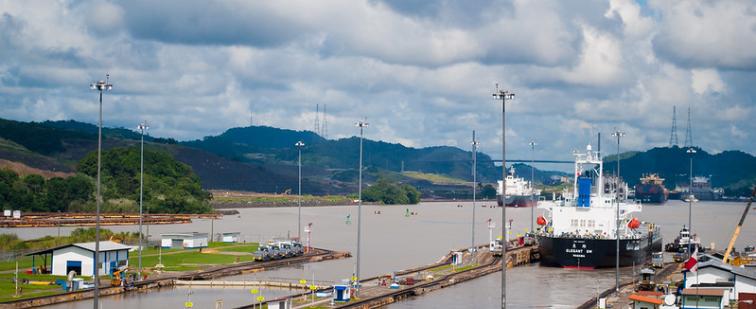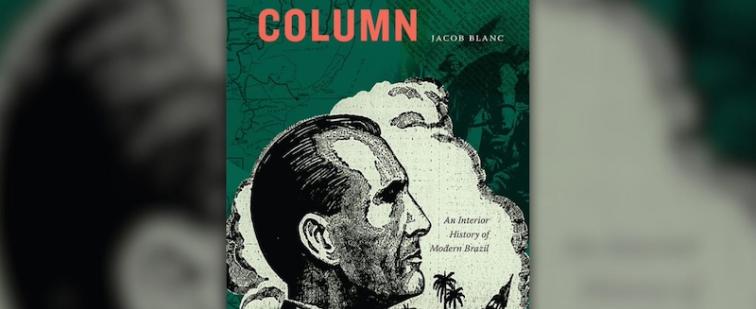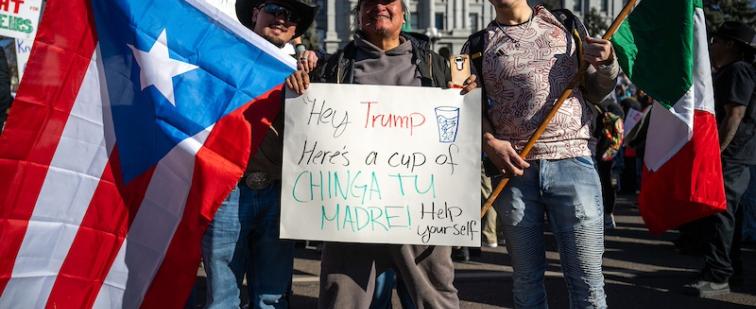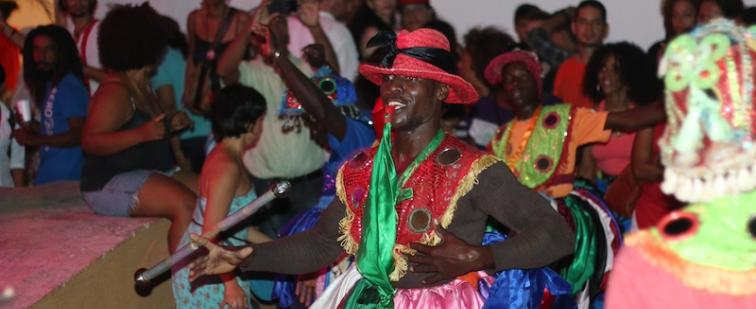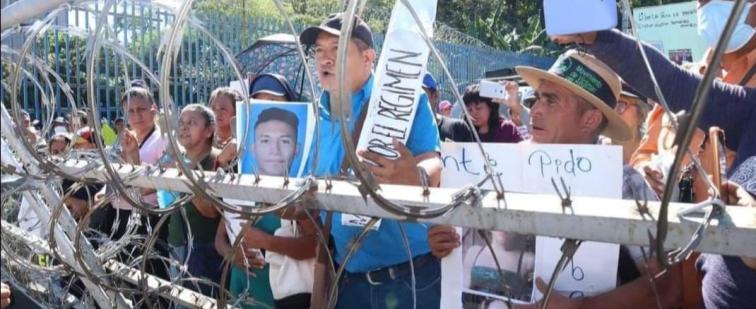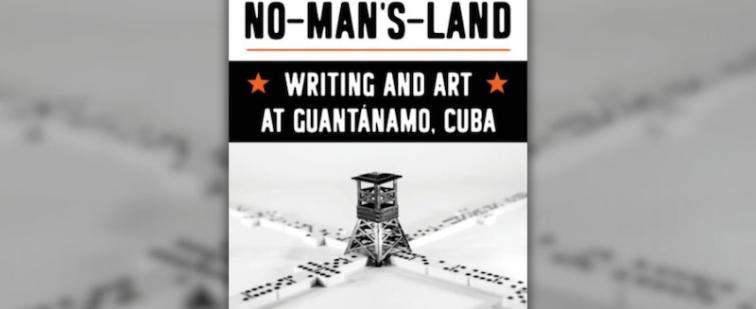January 14, 2012
Obama’s State Department has become indistinguishable from that of the Bush era. Last week the State Department announced that it would expell Venezuela’s Consul General in Miami, Livia Acosta. No official reason was given, but it was clear that the move was in response to an uncredible Univision “documentary” and the response from right-wing Cubans in Miami.
January 13, 2012
Fifty-six judges of Bolivia's top courts, elected in a historic but controversial popular vote last October, were sworn in by President Evo Morales on January 3. The new judges, 50% women and 40% indigenous, have changed the face of Bolivian justice, but confront significant challenges of legitimacy and obstacles to implementing judicial reform.
January 12, 2012
Today marks the 2-year anniversary of the 2010 earthquake in Haiti. For a year and a half, the International Organization for Migration has coordinated several communications projects aimed at empowering Haitian tent camp residents. There is nothing wrong with encouraging people to take charge of their lives, but these projects are placing the responsibility for aid failures on the Haitian people while promoting a neoliberal “do it yourself” ideology.
January 12, 2012
I have come to a deeply painful decision: I can no longer in good political conscience support the DREAM Act because the essence of a beautiful dream has been detained by a colonial nightmare seeking to fund and fuel the U.S. empire machine.
January 11, 2012
In the late 1990s, Oaxacan artist Alejandro Santiago set to repopulate his town with 2,500 individual human sculptures, each representing a person who had left San Pedro Teococuilco to migrate elsewhere. Right now these sculptures are alive in the streets of Oaxaca city, documenting a strong sense of pain that rarely makes it into comprehensive immigration debates in the United States.
Mexico, Bewildered and Contested
January 10, 2012
This past September 19, in a federal civil court in Hartford, Connecticut, former Mexican president Ernesto Zedillo—now a resident of Connecticut and an economics professor at Yale—was charged with crimes against humanity for the 1997 killing of 45 unarmed members of the Tzotzil Maya ethnic group, in the Chiapas village of Acteal.
January 8, 2012
On January 1, the Colombian government killed Juan de Dios Úsuga, the leader of the Urabeños, one of the most powerful groups formed out of the demobilized Colombian paramilitary. In response to the killing, the Urabeños unleashed a wave of violence and threats over the last week, demonstrating the intimidating power of this criminal group.
January 6, 2012
Along with the Arab Spring, the indignados movement of Spain, and Occupy Wall Street, Latin America also played a role in the global tumult in 2011. Over the last year diverse grassroots movements in Bolivia, Chile, Mexico, and Peru have been raising questions and challenging the existent order.
January 6, 2012
Two precedent-setting environmental challenges in Ecuador—an initiative to save the Yasuní rainforest, and a landmark lawsuit against Chevron Oil for dumping billions of gallons of toxic waste—have recently returned to the headlines, with their fates potentially intertwined.
January 4, 2012
As 2011 statistics demonstrate, violence continues to scar the U.S.-Mexico border, and climate change will likely intensify it. As recent publications suggest, declining agricultural output and gross socio-economic inequality between Mexico, Central America, and the United States are likely to increase unauthorized migration and militarized efforts to stymie it.

